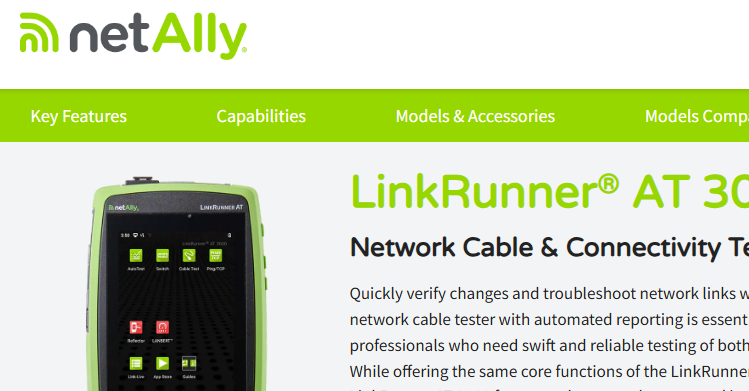The Importance of Auditing and Cleaning Up Firewall Policies
- Tony Fortunato

- May 19, 2025
- 2 min read
Regular auditing and cleaning up of firewall policies are essential practices for maintaining robust network security and optimal performance. Over time, firewall rule bases can become cluttered with outdated, redundant, and conflicting rules, which can lead to security vulnerabilities and performance degradation. By systematically reviewing and optimizing these rules, organizations can ensure that their firewalls are effectively protecting against threats while maintaining efficient network operations.
This process not only enhances security but also helps in meeting regulatory compliance requirements, such as PCI DSS, which mandate regular reviews of firewall configurations to ensure they are up-to-date and secure.

One of the primary benefits of auditing firewall policies is the identification and removal of unused and duplicate rules. These rules can accumulate over time as new policies are added without removing old ones, leading to a bloated rule base that is difficult to manage and maintain. A clean and streamlined rule base not only improves the performance of the firewall but also reduces the risk of security breaches. For instance, shadowed rules, which are rules that are never reached due to more permissive rules above them, can be identified and removed, ensuring that the firewall operates efficiently and securely.
Additionally, regular audits help in detecting and correcting misconfigurations that could otherwise go unnoticed, thereby strengthening the overall security posture of the network.
Another critical aspect of firewall policy management is the implementation of a robust change management plan. Any unplanned or unauthorized changes to firewall configurations can introduce security loopholes and lead to non-compliance with regulatory standards. A well-defined change management process ensures that all modifications to the firewall rules are documented, reviewed, and approved before implementation. This not only helps in maintaining the integrity of the firewall but also provides a clear audit trail for compliance purposes. Furthermore, regular security audits can help in identifying any unauthorized changes that may have been made, allowing for prompt corrective action to be taken.
By maintaining a clear and transparent change management process, organizations can ensure that their firewall policies remain aligned with their security goals and regulatory requirements.
In this video I show an example of me cleaning up a firewall rule on a Ubiquiti Edgerouter.
Finally, regular penetration testing and vulnerability assessments are crucial components of a comprehensive firewall management strategy. These tests help in identifying any weaknesses or vulnerabilities in the firewall configuration that could be exploited by attackers. By performing these tests periodically, organizations can proactively address potential security issues before they can be exploited. Additionally, enabling detailed logging and monitoring of firewall activity provides valuable insights into network traffic patterns and helps in detecting and responding to security incidents in a timely manner. Logs should be securely stored and protected with appropriate access controls and encryption to ensure that only authorized personnel can access them.
In summary, auditing and cleaning up firewall policies are not just best practices but essential steps in maintaining a secure and efficient network environment. In the vieo below i demonstrate with a Ubquiti Edgerouter.





